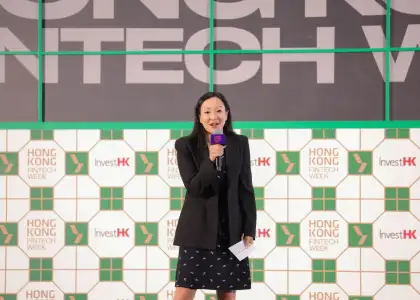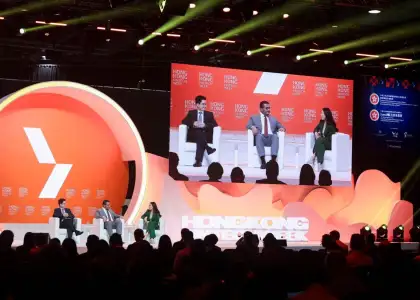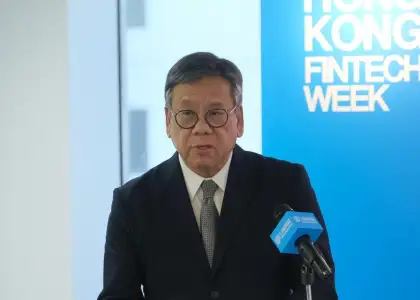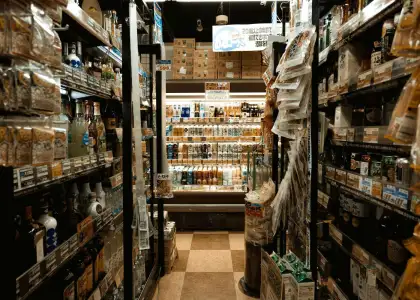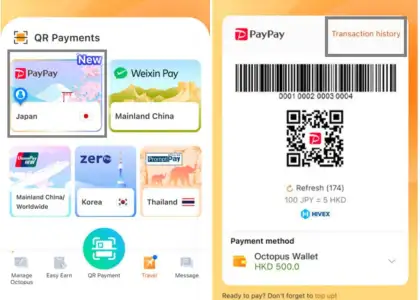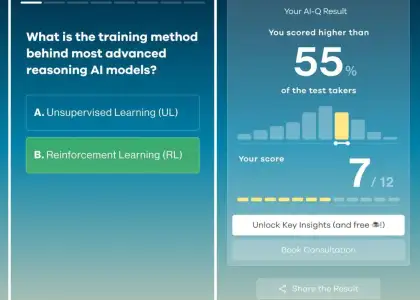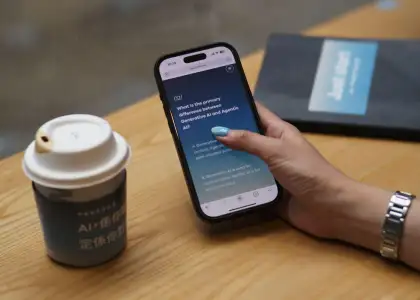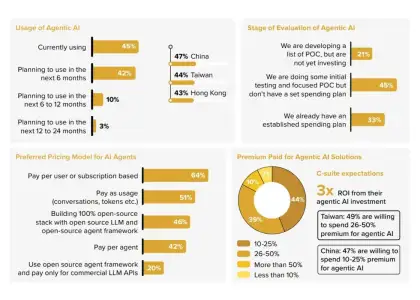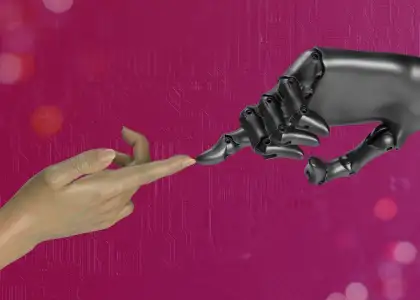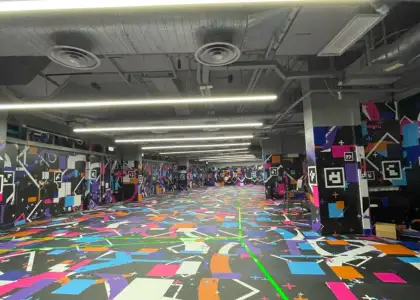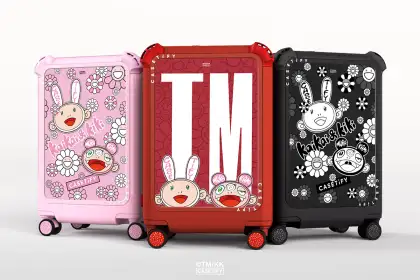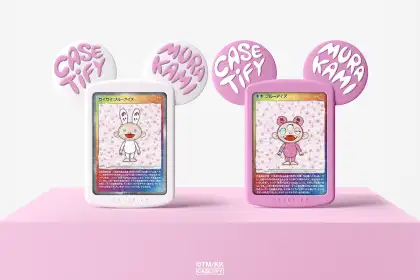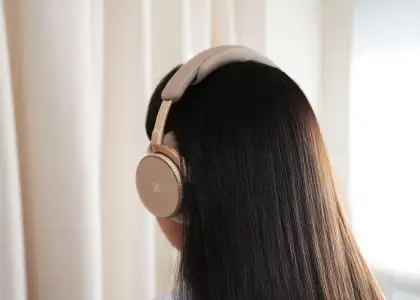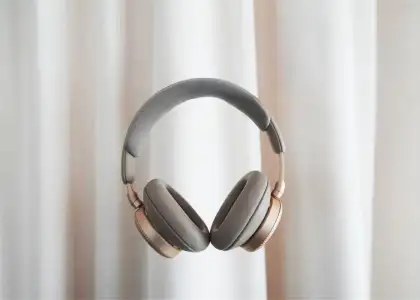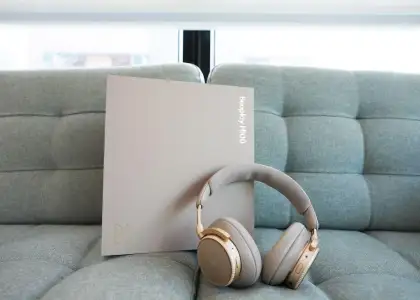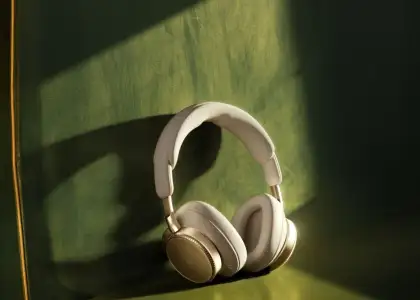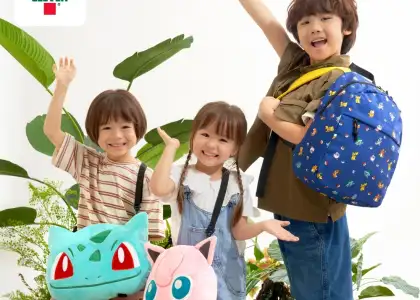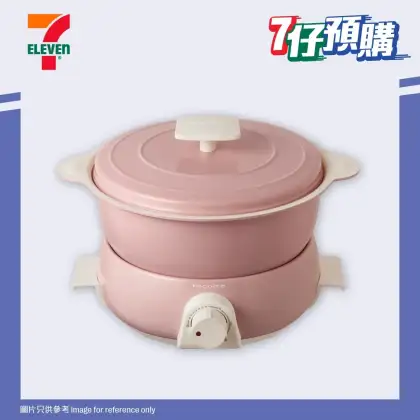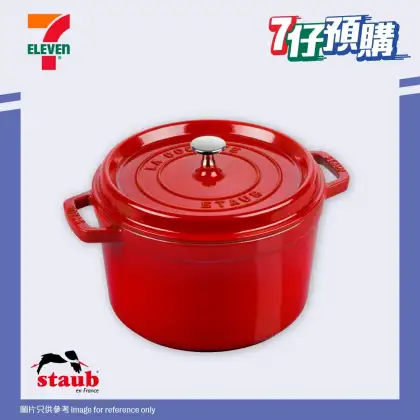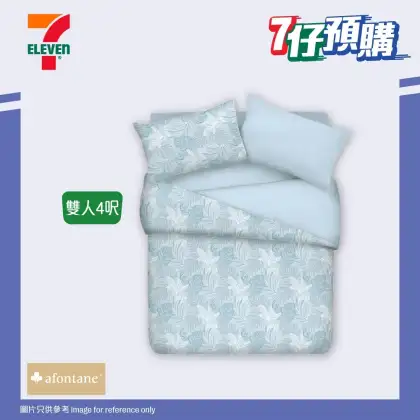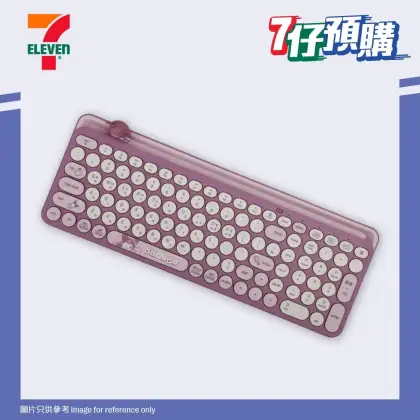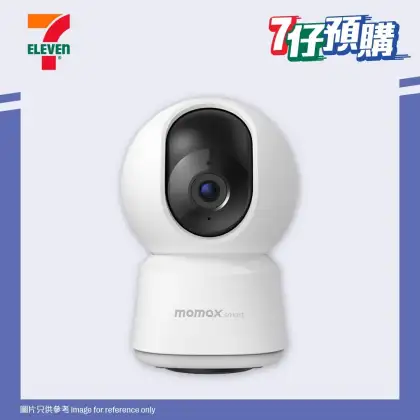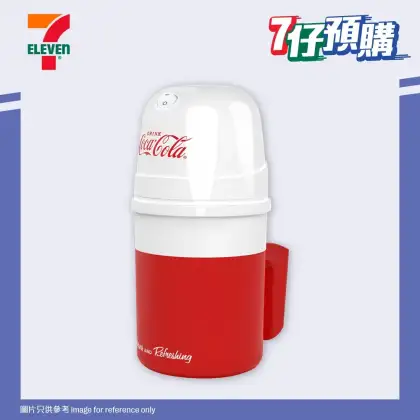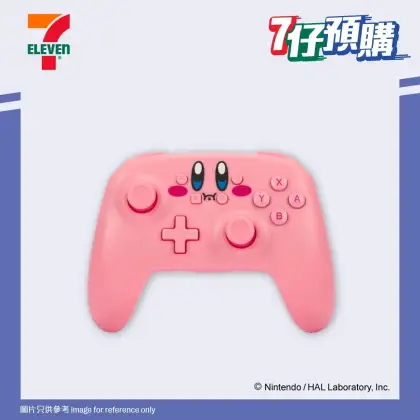FemTech Advocate Maaike Steienebach on the Move Forward in Women’s Health
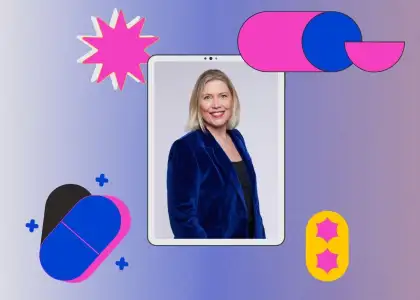
This interview is part of The Beat Asia’s International Women’s Month coverage. Through highlighting women’s voices, we are celebrating and uplifting the women around us through their stories and multifaceted experiences.
The current zeitgeist is the most technologically minded as it’s ever been. Yet, despite the world having only just shed the traumatic crisis of a global pandemic, the attention cast towards the health and well-being of half the world's population has been scarce, and rarely ever mentioned in the same breath as our grand leaps in technological advancements. Emerging from this inadequacy is FemTech, an intersection that draws upon cutting-edge tech to develop the underfunded and under-researched realm of women’s health.
The issue isn't solely rooted in unequal access to healthcare, skewed wealth distribution, and a lack of awareness amongst women, despite these dilemmas posing significant obstacles. With a spotlight on Asia, a glaring condition becomes visible: the predicament of deep-rooted taboo and stigma that prevent even the discourse of FemTech from taking shape. And yet, “women’s health can no longer wait.”
Leading the charge in building a strong foundation for FemTech in Asia, Maaike Steinebach is an advocate for the cause, on a mission to advance and expand existing changes that positively impact women's health using smart tech and data. Armed with a C-suite FinTech career spanning over two decades, she has transplanted her experiences into building a regional community and advisory network, taking on the role of co-CEO of FemTech Association Asia.
From dismantling the shame-filled hush-hush surrounding conversations about sex with her support and investment in the pleasure-education platform Nancy and the SexTech startup SexTech School, to her efforts to boost the prominence of women in the tech space, join The Beat Asia in a chat with Maaike on her journey into FemTech and how she hopes to lay its future pathway across the Asian region.
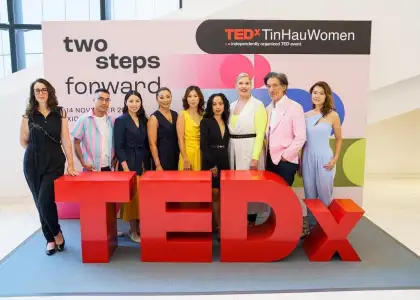
How did you begin your journey into the industry of FemTech?
As I was moving along in my career, I was realizing that my own health and my own well-being were at the bottom of the priority list. And I thought, “Oh that’s not good,” because we have so many things as women that we need to do. We need to get our breasts checked for breast cancer, do pap smears to check for cervical cancer or other infections, and we are already more vulnerable because we have our periods every month.
Then in 2018, I learned that there was something called FemTech – a category of products and services that use technology to improve women’s health – and I started to use some of the tools that were there as apps. I had a way to track my period, my weight, and my mental well-being, and I started to realize that my well-being should come first.
When you get on an airplane, they always tell you to put the oxygen mask on yourself first, right? I realized I couldn’t be a good mother, good boss, or good partner if I wasn’t healthy and happy myself. Technology gives us the opportunity to take care of our health in our own time.
Should FemTech be distinguished from tech? Why aren’t there more Tech products and services specifically designed to support women?
Firstly, women make up half of the world’s population, so that already validates FemTech as a subsector.
The other big thing, as mentioned in my TedX talk “Women’s Health Can No Longer Wait,” is the gender health gap. That is the gap in the medical research space, where only globally, about 3% of all global health research goes into issues exclusive to women.
I can tell you, at my Ted Talk, I could hear the whole room go “What! Did we hear that correctly?!” I think the gap is so big that the only way to close it is to use technology. And that is why I’m so passionate about FemTech, because I can use my 20 years of C-suite experience, my voice, and my credibility to educate women and men.
We can never reach all the women in the world if we don’t use technology to help. For example, for women in rural or underprivileged communities, the reality is their mobile phone is the only thing that they have that would give them the ability to connect with health services.

What are some of the biggest restrictions faced by women in Tech space?
The biggest challenge, at least that I’ve encountered, is funding. We have seen mixed founder teams be more successful and I think it has a few reasons.
Firstly, because women tend to be more perfectionistic, they would like to have, say, 98%, of their product ready first, but haven’t gone out to create awareness [for it] yet. I think that is a big challenge for female founders in general. Secondly, from a venture capital and investor perspective, the reality is that a lot of the decision-makers in these firms are men. These men might not necessarily understand the female perspective of the entrepreneurial journey.
A third thing that doesn’t have to do with funding, has to do with the fact that a lot of women originally became entrepreneurs in the tech space because they identified a problem that they wanted to solve themselves, but then are slowly finding that they might not have enough tech knowledge and don’t understand how to upskill or find the right people to help them with execution.
Other times, life just gets in the way. Some women think about becoming an entrepreneur but then they also want to have a family. There's a video where they ask all these athletes that are guys “How are you combining your sports career with being a dad?” and they go “That's such a weird question,” whilst it is always definitely asked of women. That’s a shame because as a consequence, it means that a lot of women are thinking they need to do either or.
How do you see the context of Asia playing a role in contributing to these restraints? How can we overcome these challenges to expand the FemTech landscape in the region?
The majority of people that I speak to in Asia, in particular, have had very limited sex education and have loads of questions as to their sexual well-being.
I meet so many women that are in my age category who have no idea that they are menopausal, nobody has told them that this is going to happen in life, and because nobody talks about it, they haven’t really thought about researching this!
Working with FemTech Association Asia, we organized Hong Kong’s first menopause festival, not to shame anybody, but because it is what people need to know as a baseline. If you're an employer, or if you're a manager, this is what you need to know, because menopausal women are the fastest-growing demographic in the workplace. For individual women, this festival is about what happens in your body, showing you information like how you can work on your pelvic floor bone mass, et cetera.
That was very cool because we got really amazing feedback, so I think that there are a lot of things that we have to do in Asia now at the moment. Then hopefully, we will be able to move a little bit more from social impact and education into commercial, tech-driven propositions that investors get excited about, as you can scale in Asia.
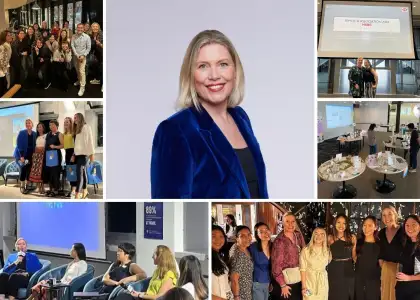
While FemTech seems to be in a nascent stage in Asia right now, how much growth can we expect to see in the FemTech industry over the next decade or so?
At the moment, only 15% of the global FinTech companies are actually based in Asia, and are very much focused on products and services that are kind of low-tech. So, think of the SexTech space, sexual wellness, and menstrual care.
We are seeing some more growth in the fertility and maternity space, then on the deep tech end we are seeing a few companies interested in using AI to accelerate medical work slowly coming into this space. For example, using AI to help radiologists make assessments on breast cancer screening or mammograms, is on the far end. But a lot of these are still incubated through universities or through the innovation centres run by governments.
As we create more awareness through the FemTech Association, hopefully, more men and women will be encouraged to kind of start an entrepreneurial journey in this space and use technology to reach as many women as possible.
What do you hope to see in FemTech’s development and research in Asia?
Well, I think all areas need more funding, of course. We’re doing some research just around what the state of funding is like because it’s quite difficult to get that information today since Asia isn’t on the radar of a lot of investors or companies.
What I’m personally very excited about is the developments that are happening in female cancers because we don’t know enough, and I’m excited by how we can use technology to do more testing. So that means more prevention earlier. Slowly but surely, we are learning more things about the differences between cancer in women of different backgrounds, so I’m very excited about the developments there and really hope that it will help eradicate cancers over time. That will be my dream.
Could you please name a project or initiative in FemTech that has captured your attention or that you are proud to have been a part of?
I’m really proud to be a part of the FemTech ecosystem. As an association, we are just bringing in a lot of ‘firsts,’ so we hosted our online events about the vagina biome – everybody talks about the gut health but very little people talk about the vagina biome – and those were some very interesting events. I also started a personal project on the side for a Hong Kong-based startup called Hello Nancy, which is Asia’s first pleasure platform for women between the ages of 18 to 35.
During COVID, I went to SexTech School, a six (now 10) week programme for anybody interested to hear and learn about SexTech. I think there is a lot of stigma on SexTech, because everybody thinks it's about sex toys and sex robots and what have you, but actually, a lot of SexTech these days is very similar to FemTech.
It is solving problems around painful sex and creating a more inclusive sexual experience for people with disabilities. I got connected with the founder of SexTech School, Bryony Cole, who’s based in Australia, and I realized how much harder it is for a SexTech entrepreneur than for a FemTech entrepreneur.
I really felt like supporting the underdog was important in this case, and when I graduated from SexTech school, I realized few companies in Asia are active in this space. When I found Hello Nancy online, I contacted them, and turned out they were based in Hong Kong! We got talking about how I could help and how I could support, and that’s how it all evolved into – Maaike on a Mission.
I started my own Instagram account, ‘Maaike on a Mission,’ for the purpose of sex education. That has brought me massively out of my comfort zone, but I feel very passionate and encouraged by the responses I get from people saying “we're learning so much.” I'm proud of myself for doing this in a new and different way, and even if I only reach a handful of people whose lives I can improve, then I'm already going to be happy.
Do you have any advice on how we can better adopt FemTech into our lives?
Just some generic advice to anybody – make sure that you educate yourself on your health and well-being. If you are in pain, or you're experiencing discomfort, go see your doctor - don't take no for an answer - or speak to people about it. Own your own health.
This interview has been edited for length and clarity.
Keep up with Maaike on Instagram at @maaikeonamission and learn more about FemTech Association Asia at @femtechasia.
Click here to see the rest of our International Women’s Month series.
Get the latest curated content with The Beat Asia's newsletters. Sign up now for a weekly dose of the best stories, events, and deals delivered straight to your inbox. Don't miss out! Click here to subscribe.











